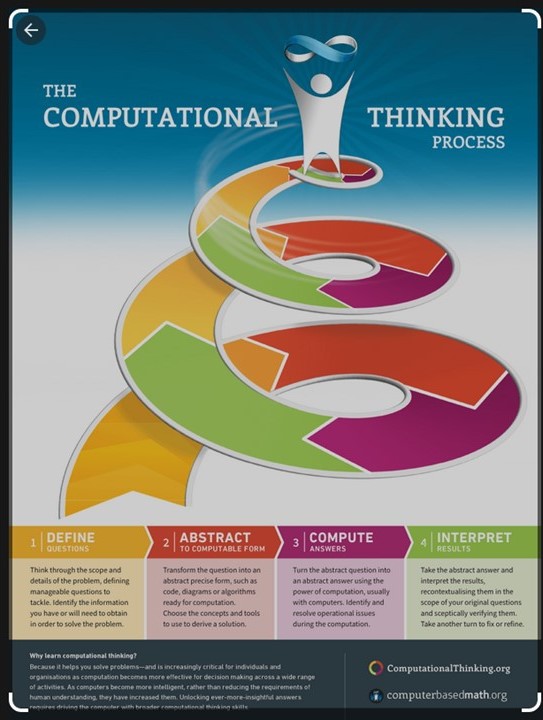“Good Morning!” said Bilbo, and he meant it. The sun was shining, and the grass was very green. But Gandalf looked at him from under long bushy eyebrows that stuck out further than the brim of his shady hat.
“What do you mean?” he said. “Do you wish me a good morning, or mean that it is a good morning whether I want it or not; or that you feel good this morning; or that it is a morning to be good on?”
“All of them at once,” said Bilbo. “And a very fine morning for a pipe of tobacco out of doors, into the bargain.
…
“Good morning!” he said at last. “We don’t want any adventures here, thank you! You might try over The Hill or across The Water.” By this he meant that the conversation was at an end.
“What a lot of things you do use Good morning for!” said Gandalf. “Now you mean that you want to get rid of me, and that it won’t be good till I move off.”
― J.R.R. Tolkien, The Hobbit
I opened with that not because it provides deep insight into conversation, but, … well primarily because it is one of my favorite books. While reading “The Hobbit” I felt immersed in Middle Earth and, indeed, felt included in a “conversation.”
Good conversation is difficult to find. I found a number of quotes from books I have not read; but may go on my ‘to read’ list. I just hope I can take my Kindle and Nook into the afterlife. A few examples follow.
“What ho!” I said.
“What ho!” said Motty.
“What ho! What ho!”
“What ho! What ho! What ho!”
After that it seemed rather difficult to go on with the conversation.”
― Wodehouse, My Man Jeeves
“Good communication is as stimulating as black coffee and just as hard to sleep after.”
― Anne Morrow Lindbergh, Gift from the Sea
“The art of conversation is the art of hearing as well as of being heard.”
― William Hazlitt, Selected Essays, 1778-1830
You get the picture. I find most conversations today are more ‘dual monologues’; no one is truly listening, each is either talking or thinking what they will say after the other person quits talking. So, with a blog one is not interrupted by the other person talking. Which I suppose means I have no time to think of what I will be saying; hence a bit of a mindless sequence of words. So, … Good morning, or good evening, whichever is appropriate.
